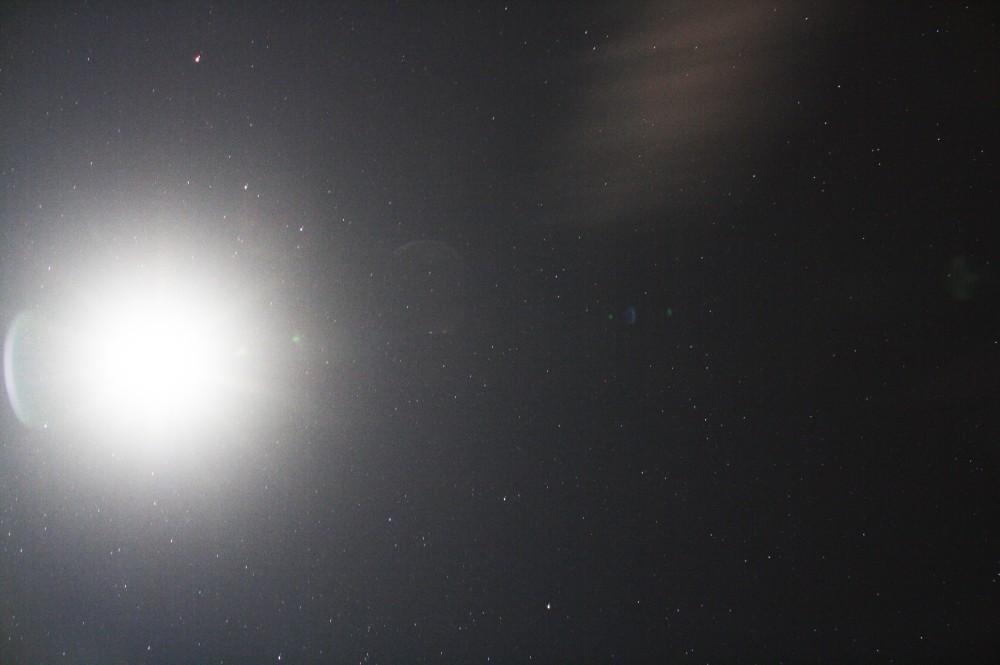Wisdom and light
Is John 1 a midrash on the creation story and the song of creative Wisdom? If so, its writer has infused it with profoundest joy.
I have been reading through the Jewish Annotated New Testament, published by Oxford in 2011. An NRSV with notes and commentary by Jewish scholars, it sets the New Testament in a context that is unquestionably appropriate to it, but which has been too little attended to, no doubt for reasons which come readily to mind. This context includes not only the Hebrew Bible, the Apocrypha and the penumbra of writings that surrounded these literatures at the time of the writing of the New Testament, but also relevant rabbinical and Talmudic texts—an acknowledgment of literary and theological continuities that persisted in these literatures even after Judaism and Christianity had become divided.
Of course, after so many centuries any contribution can only be added to a great wealth of thought and insight. But this contribution is especially valuable at this time because it is more respectful of the New Testament as a text than is much recent Christian or secular criticism. For one thing, it is at ease with antiquity. It does not try to wring from these ancient texts the kind of forensic certainty in matters of belief that both zealots and debunkers claim to find in them. For another, in contextualizing them, the JANT brings new light to the question of the texts' meaning, turning for insight to the literatures of religious thought among which they arose rather than to the retrojected politics of religion or the posited syncretisms that make mere speculation of so much biblical scholarship.
Daniel Boyarin contributes an essay titled "Logos, a Jewish Word: John's Prologue as Midrash," which establishes a context for understanding Logos as "a Jewish Word" in both senses of the phrase. There is, he says, a tradition of interpretation that proceeds by integrating the language of two passages of scripture, in this case the creation narrative in Genesis with Proverbs 8:22–31, the song of creative Wisdom. The prologue and this passage in Proverbs are often compared. The song in Proverbs suggests that the Hebrew conception and contemplation of God yielded a vision of divine plenitude that was monotheistic and yet understood the divine to require a reach of language that could hint at this surpassing richness of being, even at the risk of appearing to transgress the limits monotheism would seem to impose.





